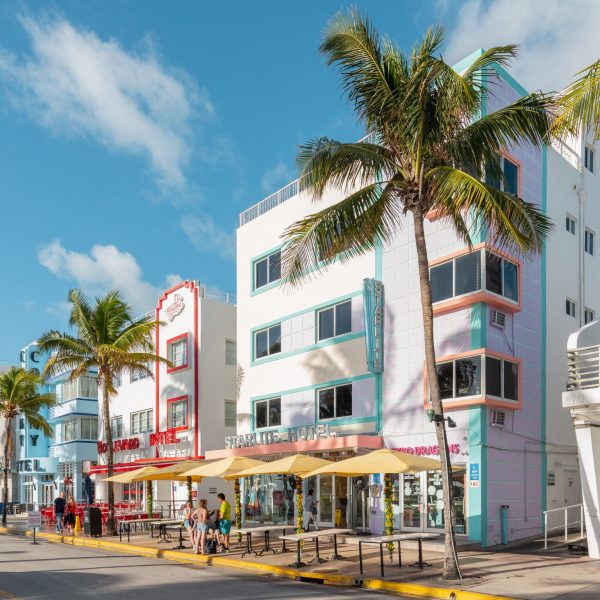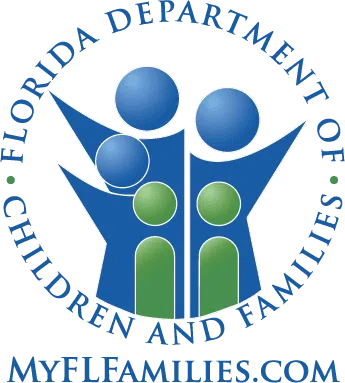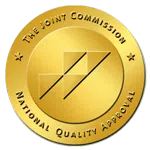If you need alcohol rehab Miami fl based or outpatient drug rehab Miami based, there are a few characteristics that are most important:
Cost
Outpatient rehab in Miami is less expensive than inpatient, but you still need a rehab center that is affordable. The cost of outpatient care will vary based on what type of therapy and programs you undergo and what, if any, insurance you have. But a good facility will offer affordable care and work with you to make sure you get the help you need.
Location
Outpatient Care is unique in that you typically stay at home and design a treatment schedule where you visit a rehab center during the day or in the evenings or afternoons after work and other personal responsibilities. The rehab center is still where you get your treatment, where you meet for individual psychotherapy or group therapy, meditation, or cognitive behavioral therapy. Some patients only meet once per week, but for others, they meet multiple days per week. Whatever you choose, it’s important that the facility be located near where you live, in your hometown. If you live in Miami, you don’t want a facility that’s 3 or 4 hours away. Instead, you want something that is a boutique, residential neighborhood rehab center located close to home.
Quality
Alcohol rehab centers in Miami, Florida, vary in their quality. It would be best if you did not settle for a rehab center that doesn’t offer customized plans. No two people struggle in the same way with their drug addiction or alcoholism. So, no two people should be given the exact same type of treatment. A reputable outpatient drug rehab center will sit you down for an evaluation to assess your needs, your history of drug and alcohol abuse, your mental health and physical health, and from there, provide a personalized treatment plan that meets your needs.
Dual Diagnosis
Your highest chance of success and long-term sobriety is tied directly to your ability to overcome all coexisting issues. Dual diagnosis refers to situations where you get help for more than one problem at the same time or coexisting problems. Many people who struggle with things like depression also struggle with anxiety and have a higher rate of drug and alcohol abuse. People with undiagnosed bipolar disorder or untreated PTSD might use drugs and alcohol to self-medicate. Most people who are addicted to drugs and alcohol also have other conditions that need to be treated. So make sure you find a facility that has the programs and staff needed to medically detox from each of the substances to which you are addicted or to get therapy for the issues you want to overcome.
Evidence-based practice and holistic treatment
In order to treat the mind, body, and soul, a good rehab facility will offer a range of services that extend to evidence-based practices for the foundation of your therapy, medication under certain situations, and holistic treatments. Holistic treatments play a significant role in your aftercare.
Your path towards sobriety is not a one-time event. It takes practice and hard work for the rest of your life. But holistic treatments like anger management, yoga, meditation, sound therapy, and other life skills can give you action table tools to use when you return back to your everyday environment and face stress at work, social events where drugs and alcohol are present, or triggers that might otherwise cause you to self medicate. The more skills you walk away with, the better equipped you will be to tackle any difficulties as they arise throughout the course of your sobriety.













